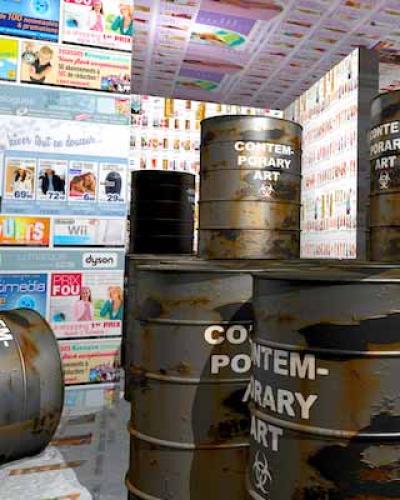Considerations of corruption have a long lineage in philosophical, theological, critical, and political thought. We welcome global approaches to understanding corruption in political, legal, and institutional terms, as a symptom of disorder or, alternatively, a means of asserting order, such as in a government, university, or institution. In moral or religious spheres, corruption often marks the “fallen” or what is other to an original or desired soul, life, or society of perfection. How might the theme of corruption broaden out into “pollution” (whether sacred or environmental) or degeneration (vis à vis cultural practice)? In what way does corruption affect standards of artistic or literary genre or form?
A lively subject of representation across the broadest of artistic, literary, and musical traditions, corruption has been mobilized as an ambiguous force that either limits or liberates. Consider how the same antitheatrical traditions that denounce the moral corruption of theatre, the novel, opera, and cinema often serve as the most articulate indicators of the passions, gestures, sounds, and sights most fundamental to aesthetic production. Conversely, how might the humanities appreciate the formal qualities of corruption that are inherent and essential features of transmission and form, from the production and recording of musical sound to the natural or evolutionary changes of artistic practice to avant-gardist corruptions of conventional forms of art and expression? How might Fellows examine the "transmission of information,” such as corrupt computer files, viruses, glitches or noise, and even "corrupt readings," whether of ancient and medieval manuscripts or via the deep data sets of the digital humanities?
How does the lens of corruption impact recent studies of the Anthropocene, ecological stability, preservation of cultural heritage, precarity, economic disparity or social injustice? Applicants might consider the mobilization of social anxieties about pollution -- miasma, infestation, poisoning, dissolution, and dissipation -- to frame theories of race, sexuality, queer or (trans)gender, miscegenation, or ideologies and rhetorics of collective or ethnic purity. What about notions of the integrity of social units and systems, such as the family, the nation, the university or corporation? Might corruption reflect the deformation of “master” discourses, such as capitalism and psychoanalysis or the West and the Rest?

